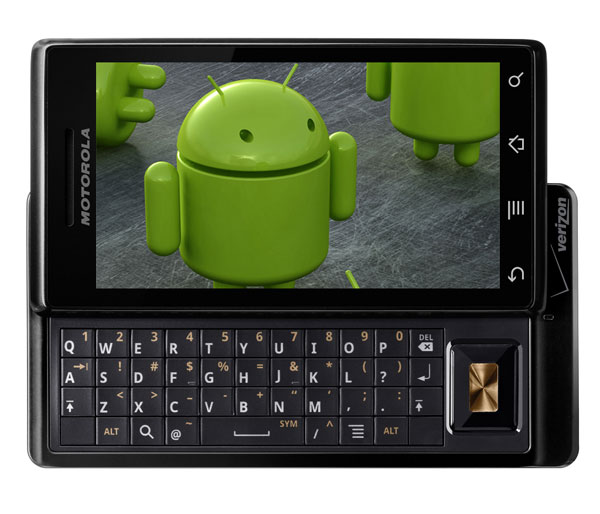
Google unleashed an earthquake on the mobile phone industry landscape this morning with the announcement that it has purchase Motorola Mobility for $12.5 billion. According to Google, the acquisition is part of its plan to “supercharge” and “protect” its popular Android mobile operating system.
“The acquisition of Motorola Mobility, a dedicated Android partner, will enable Google to supercharge the Android ecosystem and will enhance competition in mobile computing,” writes the company in a press release. “Motorola Mobility will remain a licensee of Android and Android will remain open. Google will run Motorola Mobility as a separate business.”
The move to buy Motorola follows Google’s public campaign against a variety of companies, including Microsoft and Apple, which claims that they are purchasing large patent portfolios related to mobile phone technology in an attempt to squelch Google’s burgeoning Android business.
“Android under threat from some companies, while I’m not prepped to talk strategies, combining with Motorola and having that portfolio to protect the ecosystem is a good thing,” said Google’s chief legal counsel David Drummond during a conference call about the acquisition with investors today.
Google CEO Larry Page furthered that line, writing on the company blog that the company’s “acquisition of Motorola will increase competition by strengthening Google’s patent portfolio, which will enable us to better protect Android from anti-competitive threats from Microsoft, Apple and other companies.”
“The combination of Google and Motorola will not only supercharge Android, but will also enhance competition and offer consumers accelerating innovation, greater choice, and wonderful user experiences,” he adds.
Andy Rubin, Senior Vice President of Mobile at Google, said in a prepared statement that the company “will continue to work with all of our valued Android partners to develop and distribute innovative Android-powered devices,” meaning handset makers like Samsung and HTC — both of which are currently engaged in patent battles with Apple — will still be able to release Android-based devices, despite the fact that Google itself is now owns a competitor.
According to Google, Android has been activated on more than 150 million handsets worldwide. Android is the most-used mobile OS in the United States.
Editors' Recommendations
- 5 phones you should buy instead of the Google Pixel 8
- 5 phones you should buy instead of the Google Pixel 8 Pro
- Best Buy is having a 24-hour flash sale – the 5 best deals
- Google Pixel 5 vs. iPhone 11: Should you buy Android’s best or iOS’s finest?
- 6 surprising reasons you should buy an iPhone instead of Android

